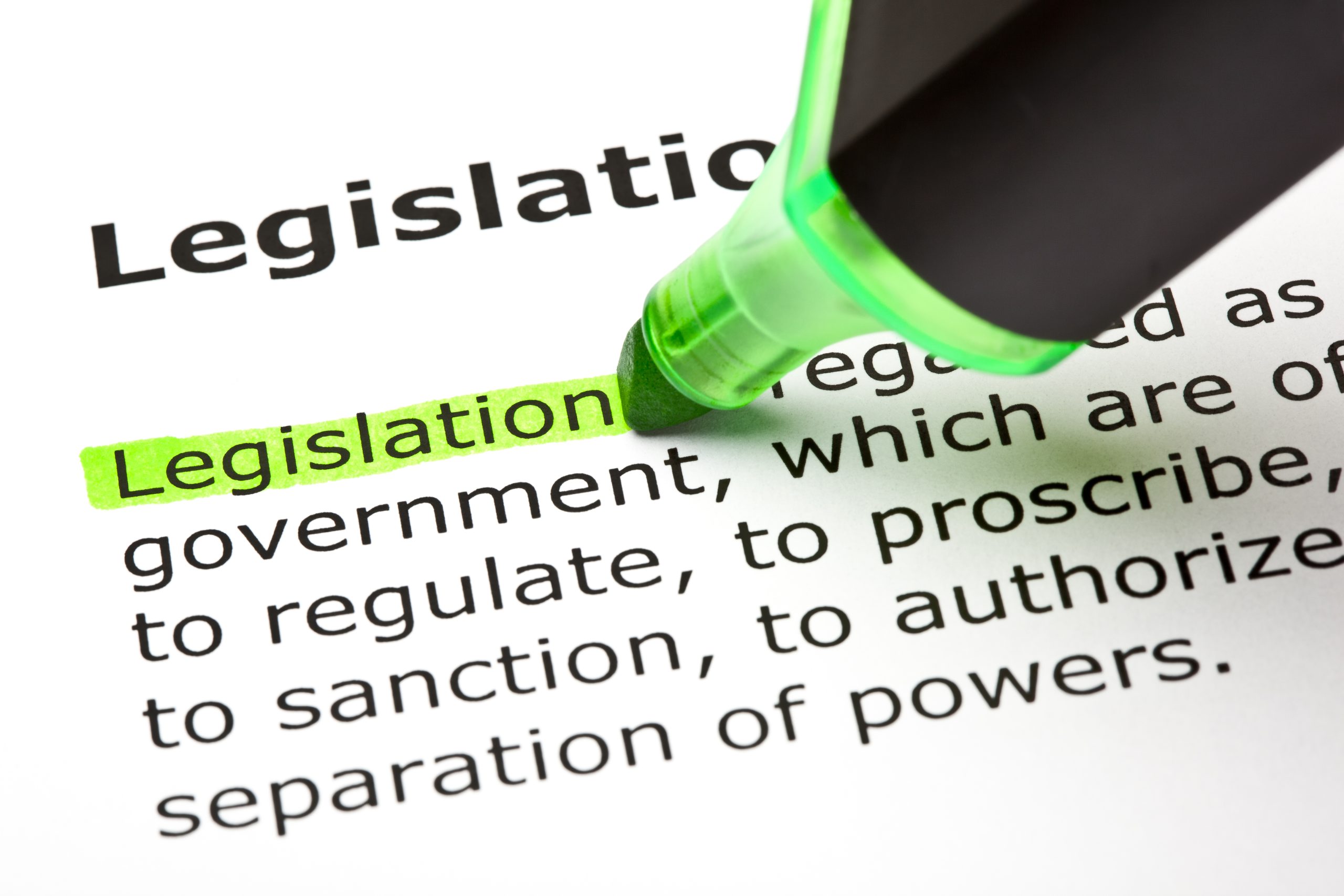Understanding the Proposed Worker Protection Bill: Impact on Employers and Potential Legislative Changes
As the landscape of employment law continues to evolve, it’s important for employers to stay informed about potential changes that could impact their businesses. One notable proposal on the horizon is the Worker Protection Bill, which aims to enhance worker protections and introduce new obligations for employers. In this article, we’ll delve into what the proposed bill entails, its potential impact on employers, and anticipated legislative changes.
The Worker Protection Bill: What Does it Mean?
The Worker Protection Bill is a proposed piece of legislation that seeks to strengthen the rights and protections of workers in the workplace. The bill is currently under review by the legislative body and, if passed, is expected to introduce significant changes for employers in several key areas.
- Pay Equity: One of the main focuses of the Worker Protection Bill is pay equity. The proposed legislation aims to ensure that employees receive equal pay for equal work, regardless of their gender, race, or other protected characteristics. This could mean that employers may be required to conduct regular pay audits to identify and rectify any pay disparities based on gender or other protected characteristics.
- Harassment and Discrimination: The proposed bill may also introduce stricter provisions to address workplace harassment and discrimination. Employers may be required to implement clear policies and procedures for reporting and investigating harassment and discrimination complaints, and may face increased penalties for non-compliance. The definition of protected characteristics may also be expanded to include sexual orientation, gender identity, and age, providing further protections against discrimination based on these characteristics.
- Flexible Work Arrangements: The Worker Protection Bill may grant employees the right to request flexible work arrangements, such as remote work, flexible schedules, or job sharing, to promote work-life balance. Employers may need to establish procedures for employees to request and consider such arrangements, and provide valid reasons for any denials.
- Whistle-blower Protections: The proposed legislation may also introduce enhanced protections for whistle-blowers who report illegal or unethical conduct in the workplace. Employers may be required to have mechanisms in place to receive and investigate whistle-blower complaints, and ensure confidentiality and non-retaliation for whistle-blowers.
Anticipated Legislative Changes
If the Worker Protection Bill is enacted, employers can expect to see significant changes in their obligations and requirements. Some of the potential legislative changes that may be introduced include:
- Increased Penalties: The proposed bill may introduce higher fines, penalties, and potential legal action for employers who fail to comply with the new requirements. Employers may need to review their current practices and policies to ensure they are in alignment with the proposed legislation to avoid potential penalties.
- Reporting Requirements: Employers may be required to submit regular reports on pay equity, harassment and discrimination complaints, and whistle-blower cases to regulatory bodies to demonstrate compliance with the Worker Protection Bill. This may involve additional administrative work for employers to collect and report relevant data.
- Expanded Protected Characteristics: The definition of protected characteristics may be expanded to include additional categories, such as sexual orientation, gender identity, and age. Employers may need to update their policies and practices to ensure compliance with the broader scope of protected characteristics.
Impact on Employers
The Worker Protection Bill, if enacted, will likely have a significant impact on employers. Employers will need to carefully review their current policies, practices, and procedures to ensure compliance with the proposed legislation. This may involve conducting pay audits, updating anti-harassment and discrimination policies, establishing procedures for flexible work arrangements, and implementing mechanisms for receiving and investigating whistle-blower complaints.
Additionally, employers may need to allocate additional resources and budget to meet the potential reporting requirements and increased penalties associated with non-compliance. It’s essential for employers to stay informed about the progress of the proposed bill and seek legal advice to ensure compliance.
Conclusion
The upcoming Workplace Bill represents a significant development in employment law that employers need to be aware.
Worker Protection (Amendment of Equality Act 2010) Bill – Parliamentary Bills – UK Parliament

